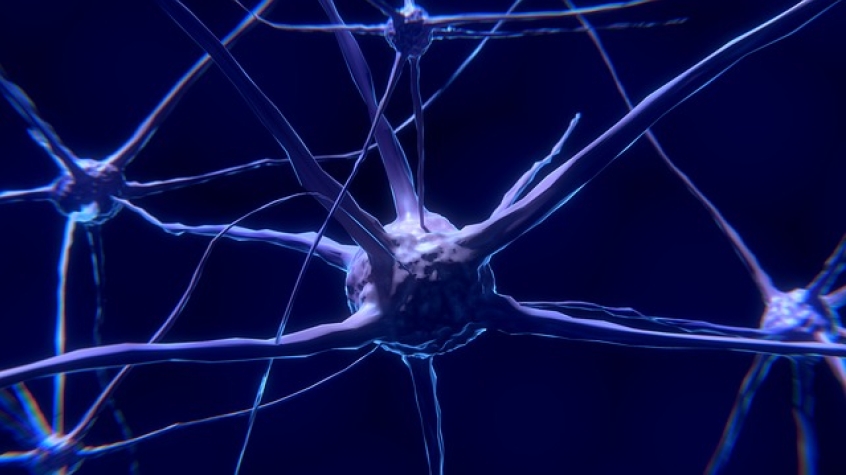
Scientists from the Cleveland Clinic Lerner Research Institute have successfully managed to reverse the adverse effects of Alzheimer's in mice afflicted with the degenerative disease by inhibiting a specific gene.
The findings, now accessible in the Journal of Experimental Medicine, detail the gene BACE1 as being responsible for the formation of amyloid plaques in the brains of Alzheimer's patients -- this beta-amyloid peptide is the root cause for the disruption of neuronal synapses that cause cognitive failure.
Researchers learned that by inhibiting this specific gene in mice with Alzheimer's, they were able to successfully reverse the damage to the animals' cognitive ability -- ultimately improving overall brain function.
By blocking the BACE1 gene, investigators were also able to effectively combat other aspects of the neurodegenerative disease -- starting with a considerable drop in "gliosis" or the formation of microglial cell and "neuritic dystrophy" or abnormalities in brain processing.
They add that sustaining and continually inhibiting the gene in the mouse model proved to be a significant factor on the effectivity of the treatment. This particular system of administering inhibitors will also function as a guide to properly use the treatment in human adults.
In a statement with Medical Xpress, Dr. Riqiang Yan, soon-to-be chairwoman of the Cleveland Clinic Lerner Research Institute in the U.S., said that this is the first instance wherein a drastic reversal in amyloid plaques occurred.
Researchers noted that, this breakthrough sets the foundation for using gene inhibitors in humans, as early as possible, to block progression of the said disease.
In 2017, Alzheimer's Association said more than 5 million people in the United States are afflicted with Alzheimer's disease. It is one of the leading causes of death in the U.S.
If left untreated, Alzheimer's eventually leads to Dementia -- primarily affecting memory, language, problem-solving, and overall brain function, which makes everyday activities difficult or nearly impossible.
Currently, there is no known permanent cure for Alzheimer's disease. But treatments to hamper its progression are available worldwide.













